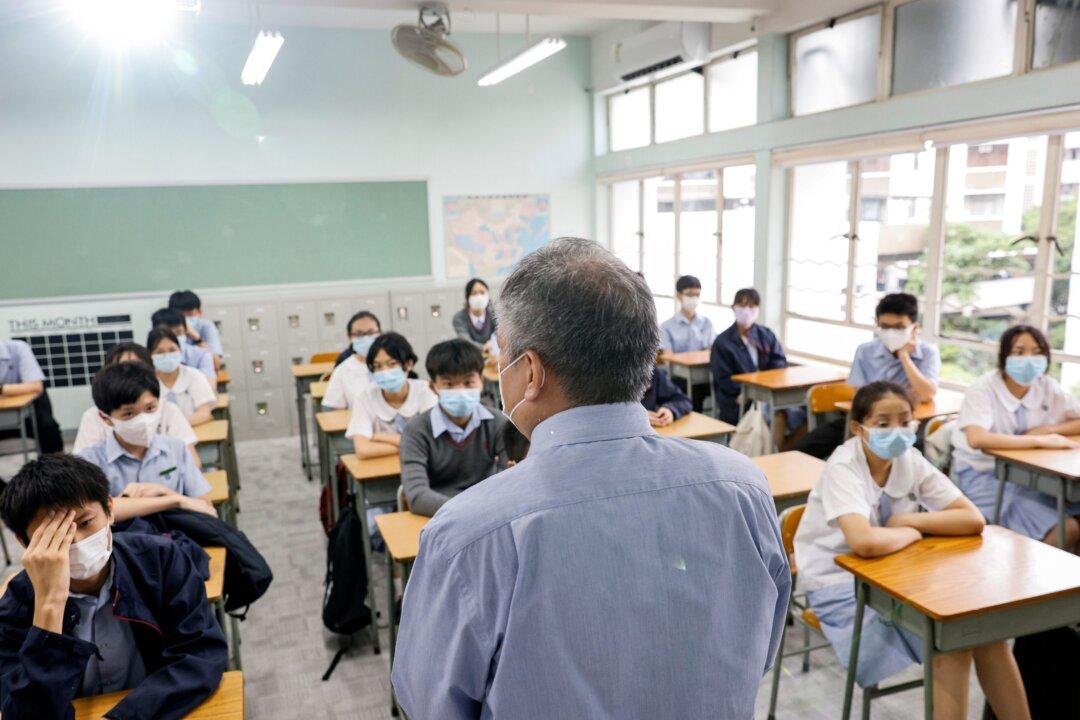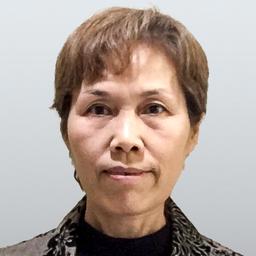The latest figures provided by the Hong Kong Education Bureau show that the number of teachers lost in Hong Kong has increased significantly in the new academic year, hitting a five-year high.
Teachers say they now are forced to “educate” their students according to the Chinese Communist Party’s (CCP) so-called National Security Law, which include content for “National Security Education.” They have to be cautious with existing teaching materials, as some of that content can no longer be taught.





